GRANTMAKING
Listening to Grantees
For more than twenty years, WGA has funded programs and services to help women and girls in Northeast Florida.
We’ve been fortunate to partner with bold, innovative and experienced nonprofits. As they share their daily challenges, we’ve listened – and made changes in our processes, as well as modified individual grants. We believe in “together.” We are stronger together. We believe in the power of together.
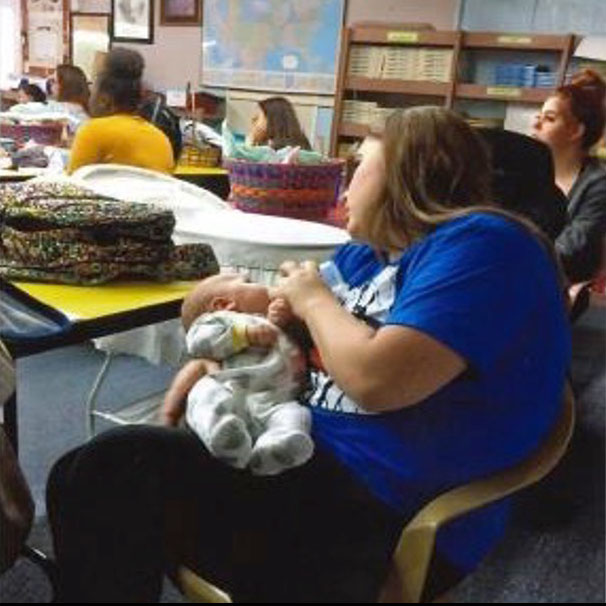
Through grants to agencies such as St. Gerard Campus, WGA helps address the critical needs of homeless and pregnant teens so they can succeed in achieving a high school diploma.
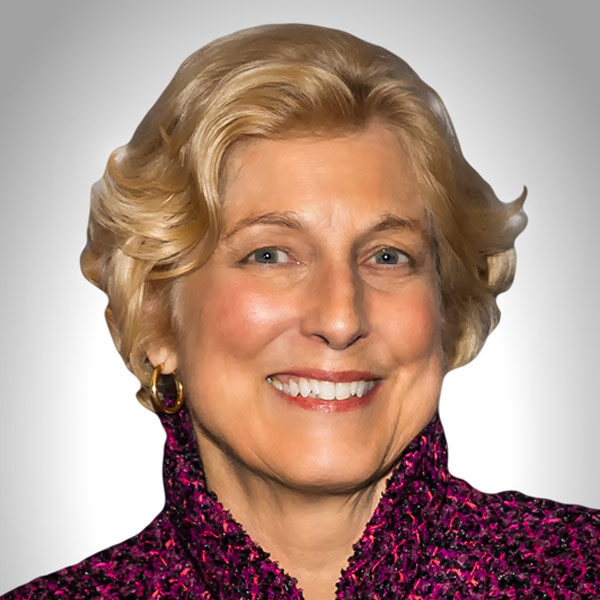
“It is women helping women and we truly are changing lives.”
Barbara Harrell, WGA Member and past WGA President
Annual Agency Convening
Every summer, WGA brings together its grantees to learn about gaps in services and how to adapt WGA grantmaking to achieve greater impact. This “Agency Convening” is an eagerly anticipated session of feedback and collaboration between WGA and its grantees. We ask:
- “What is keeping you awake at night?”
- “What do you need to move forward?”
- “What can WGA do to help?”
One Member stated during the 2022 Agency Convening that this is “the finest array of intellectual capital supporting women and girls in Northeast Florida.”
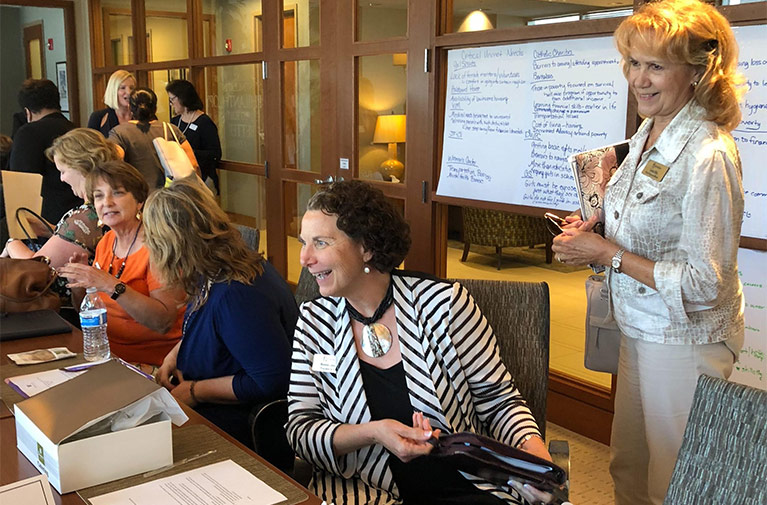
What We’ve Learned
How do these Agency Convenings improve outcomes for nonprofits and women and girls? Here are just a few examples of how we’ve changed our work based on what our grantees tell us.
- Grant Flexibility; Reduced Paperwork: During the extreme conditions of the pandemic, in response to grantees’ requests, we gave agencies the chance to shift or pivot their WGA grant based on new needs. We also greatly streamlined the Application and Evaluation reporting process to reduce desk time for not-for-profit CEOs, and shifted our grantmaking strategy for 2021 to core mission funding for pandemic-related challenges.
- Revising our Grantmaking Calendar: For years, WGA had voted on grants in late October and began funding in December. At another convening, grantees suggested WGA shift its grant cycle to July 1 (rather than December 1) to align with many of their fiscal years more closely. We listened, and in the following year, grant funding began on July 1, cutting five months off the grantmaking process.
- Getting Real About Poverty: Grantees helped us realign our goals around our focus of Breaking the Cycle of Female Poverty. Our agency partners suggested that perhaps we had underestimated the multifaceted complexity of the task, plus overlooked the importance of self-esteem as an enabler for change. As a result, we shifted our grantmaking from innovative solutions to more proven programs focusing on basics.
- Advocacy: While we realized that affordable housing was a central issue for women in poverty, our grantees prompted us to take this message to legislators in Tallahassee. The result was the largest single one-year appropriation to affordable housing, and vastly increased visibility on this important issue.
Grant Evaluation Teams
A second way we listen and partner with our grantees is through our Grants Evaluation Teams. When a grant is awarded, one or two WGA Members are assigned as the grantee’s primary liaison with our organization. WGA Members who are Evaluation Team members sign up to follow a grantee for the life of the grant, building a familiarity and relationship with the grantee.
At WGA, we approach periodic site visits as a collaborative process with our grantees, where we can learn how to improve outcomes for our community, while agencies can discuss areas of success as well as challenges. Site visits many times have a dramatic influence on WGA Volunteers as well.
Learn more about our grantmaking.
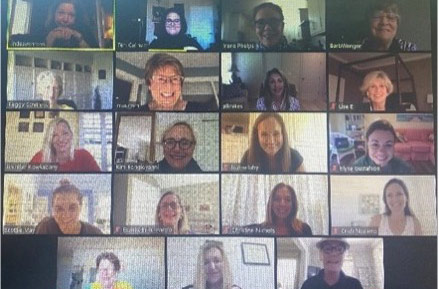
We are stronger together. We believe in the power of together. “It is women helping women and we truly are changing lives”
Barbara Harrell, WGA Member and past WGA President
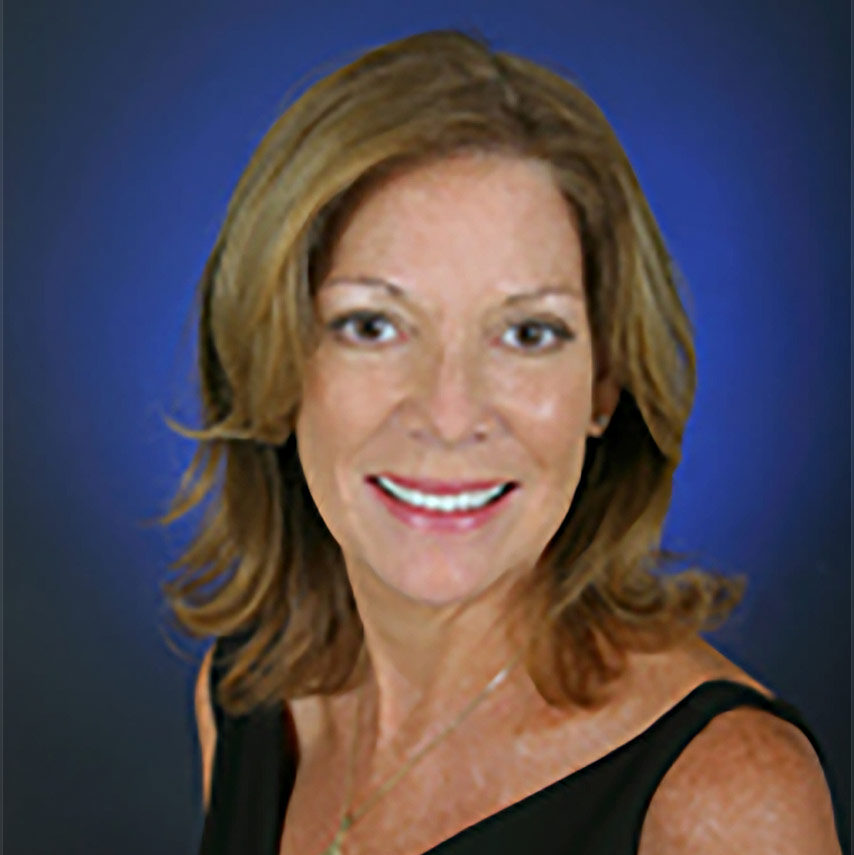
“WGA was one of the first organizations to sit down and really listen to what was happening to girls involved in the juvenile justice system…and they took action. The programs we developed with the support of WGA have received national recognition and now are being replicated and expanded.”
– Lawanda Ravoira, past President & CEO, Delores Barr Weaver Policy Center”

“WGA was one of the first organizations to sit down and really listen to what was happening to girls involved in the juvenile justice system…and they took action. The programs we developed with the support of WGA have received national recognition and now are being replicated and expanded.”
Lawanda Ravoira, past President & CEO, Delores Barr Weaver Policy Center
In Her Own Words
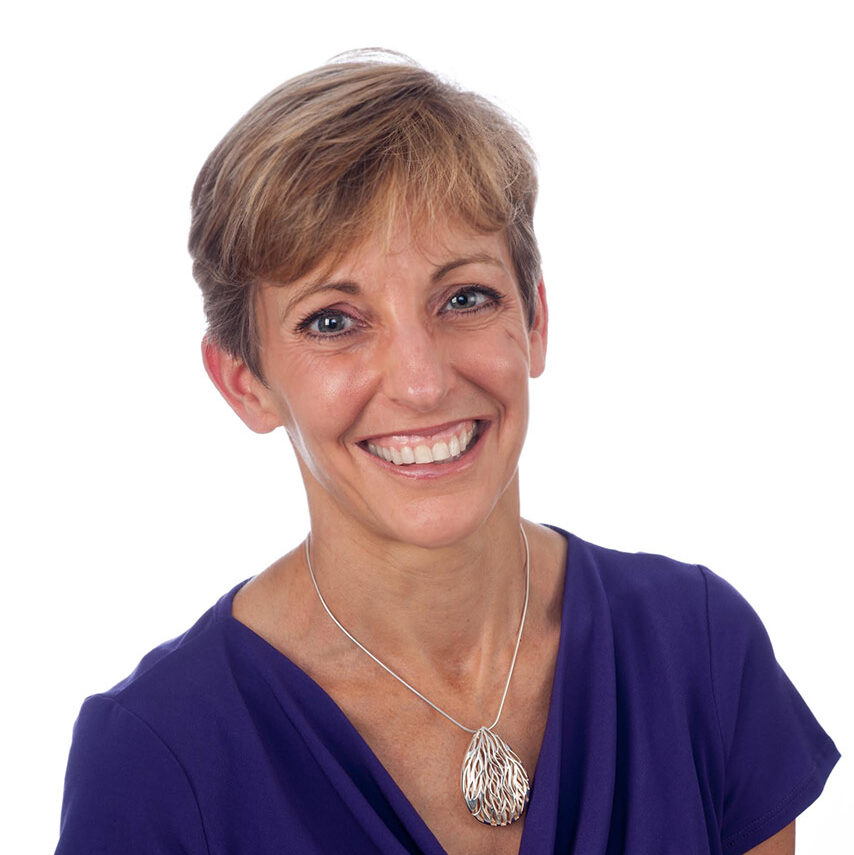
“The Evaluation Team is a great WGA committee. You get firsthand experience of the work of the agencies we fund.”
– Trisha Meili, WGA Member
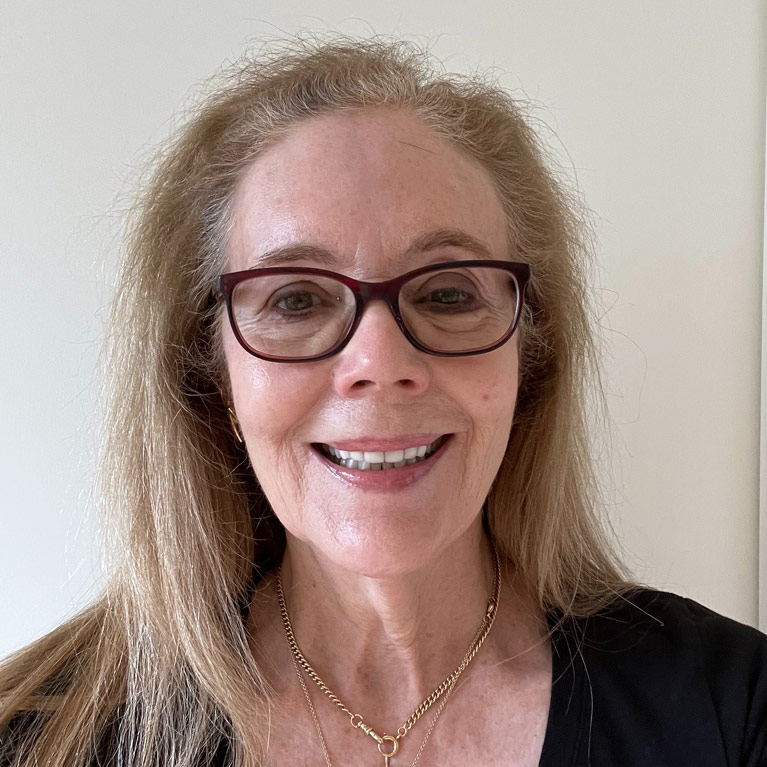
“(The focus area of) breaking the cycle of female poverty really connected with me. I wanted to make a difference. Reading the reports is only two-dimensional. Seeing the agencies in action (as an Evaluation Team member) makes the connection. “
– Irene Phelps, WGA Member
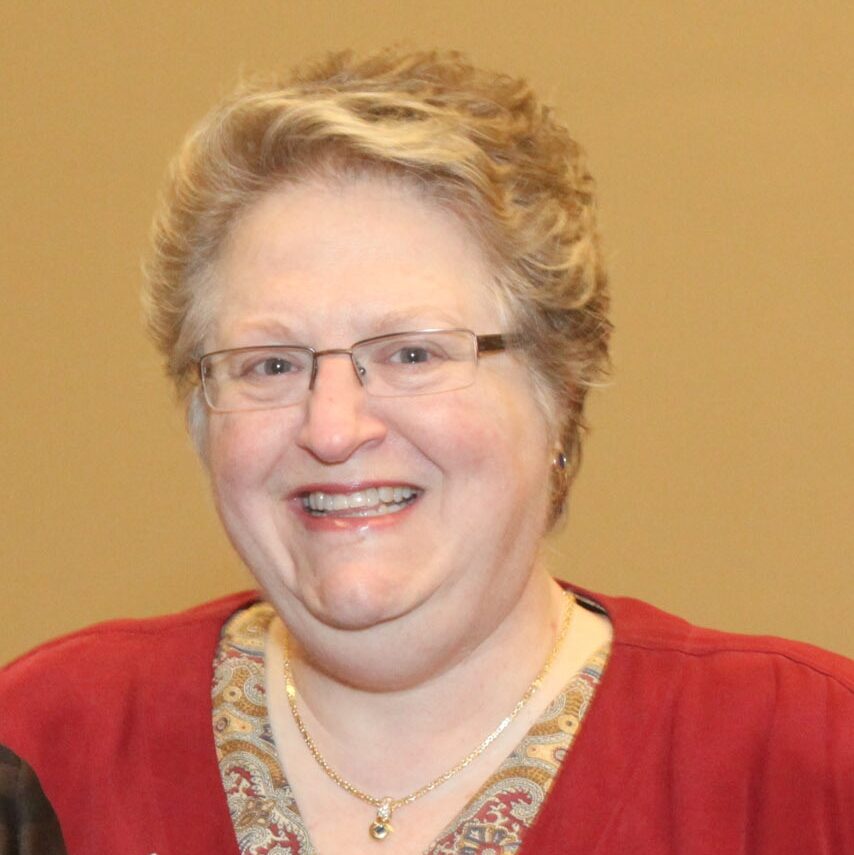
“I don’t know of any organization that I give to that includes its members in such a thorough evaluation of its grants. I know my money is well spent and that WGA really cares about insight and impact.”
– Marion Tischler, Member, WGA Member